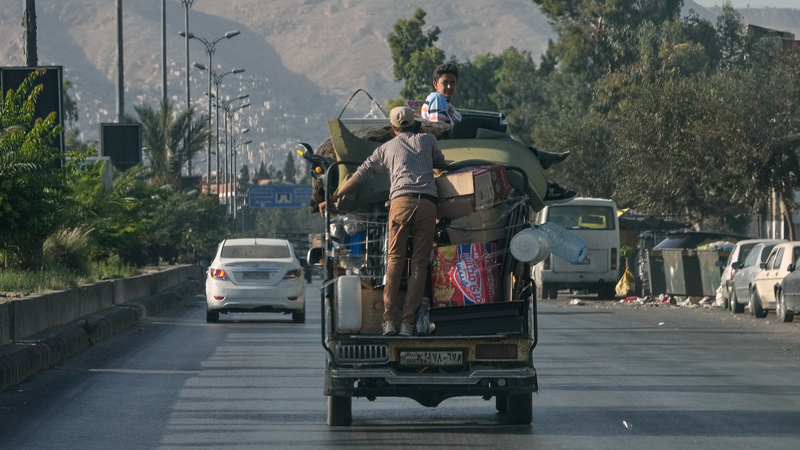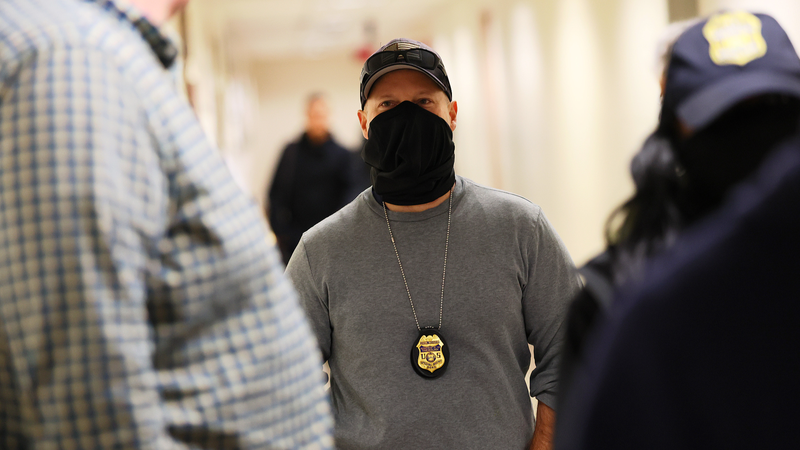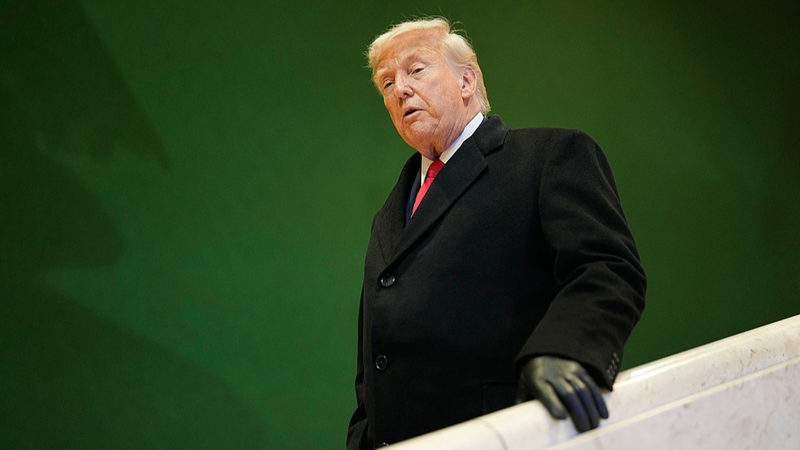It’s a big day in Syria: for the first time since the fall of Bashar al-Assad, 6,000 electors are gathering in regional colleges to choose two-thirds of a new 210-seat parliament 🏛️. Polls opened at 9am and will close at 5pm, marking a milestone in the country’s long road after 14 years of conflict.
Interim President Ahmed al-Sharaa, who rose to power after a rebel offensive toppled Assad late last year, has appointed a committee that approved 1,570 candidates. They spent the week pitching ideas in seminars and debates — think of it as a low-key campaign, where posters and billboards were nowhere to be seen 🤐.
Once the votes are in, two-thirds of the seats will be filled by the electors. But here’s the twist: Sharaa will handpick the final third of lawmakers, giving him extra influence on bills that shape the nation’s future 📜.
Authorities say they chose this indirect system due to a lack of reliable census data and the displacement of millions during the war. Voting was also postponed in three provinces home to minority groups, leaving 19 seats temporarily empty — a decision that critics say weakens representation.
Analysts will be watching closely tonight, when results are due. Will Sharaa add more women and minority voices to boost inclusivity, or lean on loyalists to smooth his path? Either way, Syria’s new parliament begins with a question: will it bridge divides or deepen them?
Reference(s):
cgtn.com




